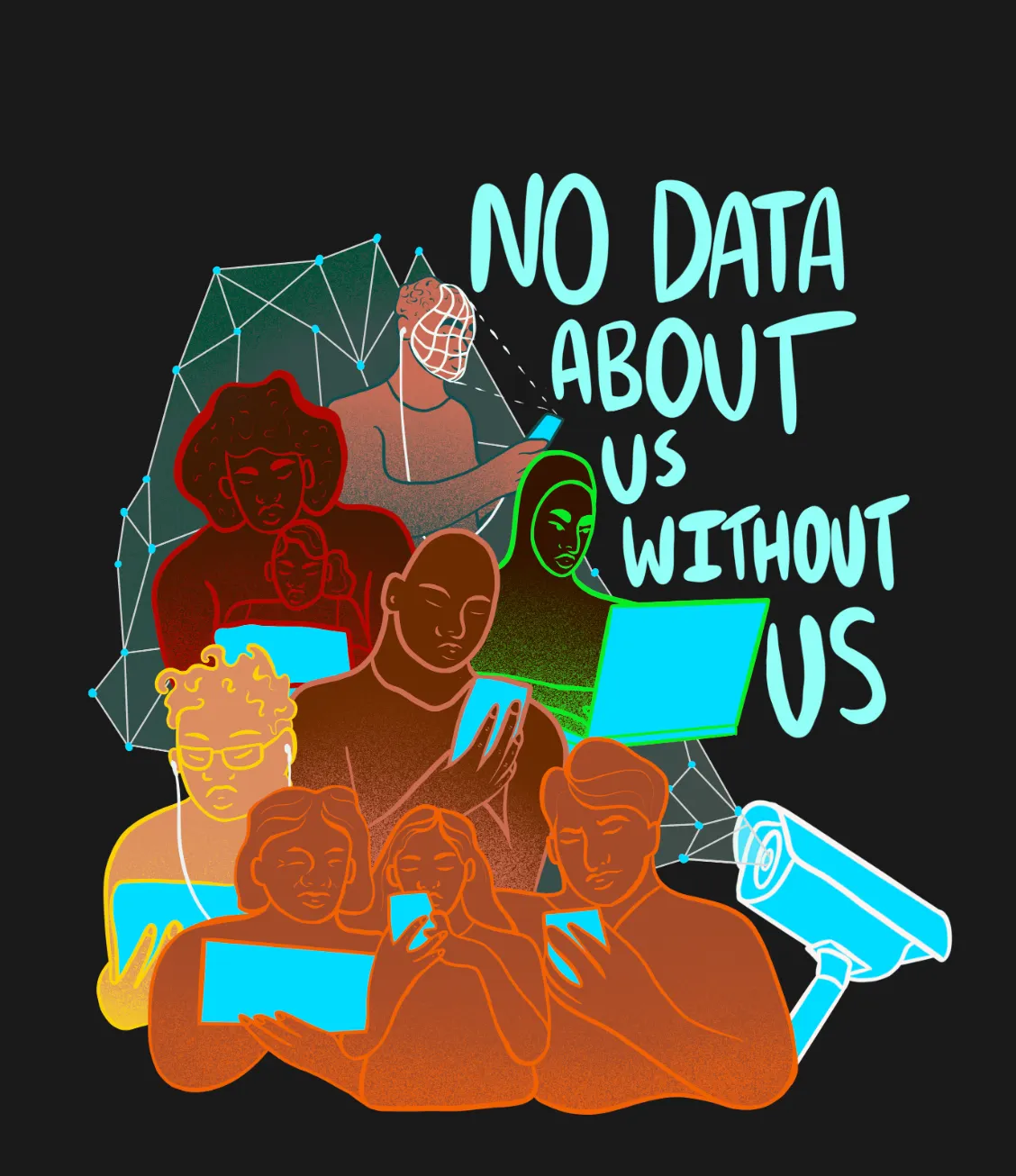Bots and Pizzas: Global Trends and Local Responses to the Algorithmic Management of App-Based Delivery Workers
App-based food-delivery drivers, working for Uber Eats, Deliveroo, and other online labor platforms, are nowadays a highly visible part of cities all around the world. However, their overt observability stands in stark contrast to the opaque "algorithmic" management practices and precarious working conditions they are subjected to. This blog post sets out to shed light on local responses to secure app-based delivery workers' employment and data rights in Geneva, Switzerland.
.jpg)
Photo by Joshua Lawrence for UNSPLASH
Anyone See the Boss? Algorithmic Management Practices of Digital Labor Platforms
Central to the proliferation and success of app-based food delivery platforms such as Uber Eats or Deliveroo is the algorithmic management of their disaggregated workforce. Algorithmic management stands for technological work process and performance management reliant on data collection and digital surveillance. These "soft” surveillance technologies include, among others, the monitoring of couriers' location using the Global Positioning System (GPS), assessing working hours and job acceptance and completion rates through app usage, and the employment of facial recognition technologies for fraud detection. This availability of real-time data collected from the workforce allows for (semi-) automated management decisions in the form of "nudges" and penalties to incentivize worker behavior, which is good for the company as a whole. A classic example is Uber's "surge pricing" system, which nudges delivery workers to be available in high-demand locations or during busy hours by offering them higher delivery rates. Moreover, platform workers' performance assessments are replaced by algorithmically generated rating systems based on client reviews, customer feedback, and job acceptance and rejection rates.
Taken together, all these algorithmic management practices entrench the power imbalance between delivery workers and digital labor platforms, resulting in a profoundly exploitative working environment. Through their terms of service agreements, platforms such as Uber Eats and Deliveroo unilaterally determine the conditions for accepting or rejecting work, working hours, deactivating platform accounts, and data ownership. More importantly, these agreements tend to characterize platform workers as freelancers and not as employees of the digital labor platform, excluding them from workplace and data protections enjoyed in a regular employment relationship. Despite their supposed independent and flexible contractual relationship, the algorithmic rating systems that match delivery workers with customers effectively limit bicycle couriers' freedom to reject work. Out of fear of the negative impact on their ratings, many delivery workers cannot refuse or cancel jobs because this could lead to reduced work access, financial penalties, or even account deactivation. As a result, most workers in the delivery sector work long, high-intensity shifts, and many experience stressrelated to long working hours, insufficient pay, and the pressure to drive quickly.
Here to Stay? Increased Digital Surveillance of Delivery Workers in Response to Covid-19
The Covid-19 pandemic has brought the poor working conditions and data vulnerabilities of app-based service workers to the fore, as digital labor platforms have introduced new monitoring and control mechanisms to ensure health and safety. For instance, delivery workers were required to do regular temperature scans, inform their supervisor of the result, and send the platform selfies to prove that they were wearing protective equipment such as face masks. Platforms' sanitary measures revealed a skewed stakeholder focus, as, for example, contactless delivery or scanning workers' temperature are weighed more towards consumer protection. Even though platform workers were at a higher risk of contracting Covid-19, many of them were unable to discontinue their work during the pandemic due to their dependency on income generated through their delivery rides. As a result, many delivery drivers faced the impossible choice between infection and impoverishment. Furthermore, increased data collection and workplace surveillance under the guise of guaranteeing health and safety have infringed on delivery workers' privacy, revealing that employment and data rights are inextricably linked.
On a more general level, the conflation of safety with surveillance measures showcased the central logic behind workplace surveillance: more and better data begets better oversight and management. Increased surveillance of platform workers allows for better algorithmic control and improves customers' experiences, thereby generating more revenue for digital labor platforms. The risk of this becoming normalized in the pandemic's aftermath is genuine, as many platforms have not provided any guarantees that they will discontinue the newly adopted surveillance practices. This would aggravate the already existing informational asymmetry between delivery platforms and their riders, with many platform workers being unaware of formal processes to obtain access to their data. In sum, excessive surveillance and algorithmic controls severely undermine platform workers' freedom to work and their ability to bargain for more secure employment conditions and data rights.
What Can Be Done? Landmark Legislation Regarding Delivery Workers' Employment Rights in Geneva
In June 2019, the canton of Geneva had recognized the vulnerability of platform workers and called upon Uber Eats, Eat.ch, and other app-based food delivery platforms active in the city to "respect the law" and recognize their drivers as employees. While Smood.ch and Eat.ch followed suit and offered delivery workers employment contracts and social guarantees, Uber Eats appealed to the administrative tribunal in Geneva. In 2020, the court ruled against Uber Eats and concluded that the meal delivery service is effectively an employer and is obliged to hire its drivers according to the cantonal minimum wage. To continue its delivery business in Geneva, the platform was subsequently forced to hire its drivers through an intermediary personnel agency named Chaskis SA. While the food delivery workers still receive their orders from Uber Eats, their contracts with Chaskis now provide them with social benefits, labor protections, and employment stability. Meanwhile, Uber Eats is continuing its legal battle at the federal level, appealing against the cantons' ruling at the federal tribunal in Lucerne. It is to be expected that the federal judges won't overturn the initial ruling, which would have a strong signaling effect for legislation in the rest of Switzerland.
To conclude, app-based food-delivery workers face many challenges, ranging from exploitative working conditions, over insufficient social protection, to circumscribed data rights. Power asymmetries between workers and platforms are exacerbated by excessive surveillance, algorithmic management practices, and reduced bargaining power. These worrying global trends of increasing workplace surveillance and control have intensified during the Covid-19 pandemic and risk being normalized in its aftermath. The example of Geneva's landmark legislation against Uber Eats and the alternative business models of local meal delivery services, such as Smood.ch, highlight that to seize the economic opportunities of the platform economy, digital labor platforms need to be embedded in social welfare structures. Only if we take political action to protect platform workers' vulnerabilities and secure their employment and data rights can digital labor platforms contribute to sustainable and inclusive economic growth. As responsible consumers and attentive citizens, we all must bear this in mind the next time we order a pizza on a delivery app.
Fabian Hofmann is a member of Edgeland's Geneva-based Research Team. He holds a BA in Political Science and Sociology from the University of Basel, Switzerland, and is currently pursuing a Master in International Relations and Political Science at the Graduate Institute for International and Development Studies.



